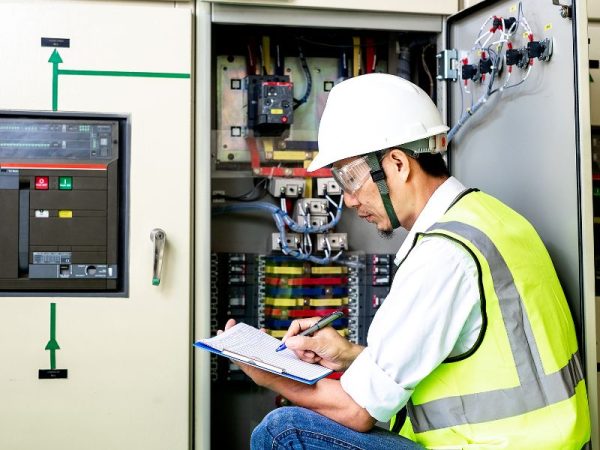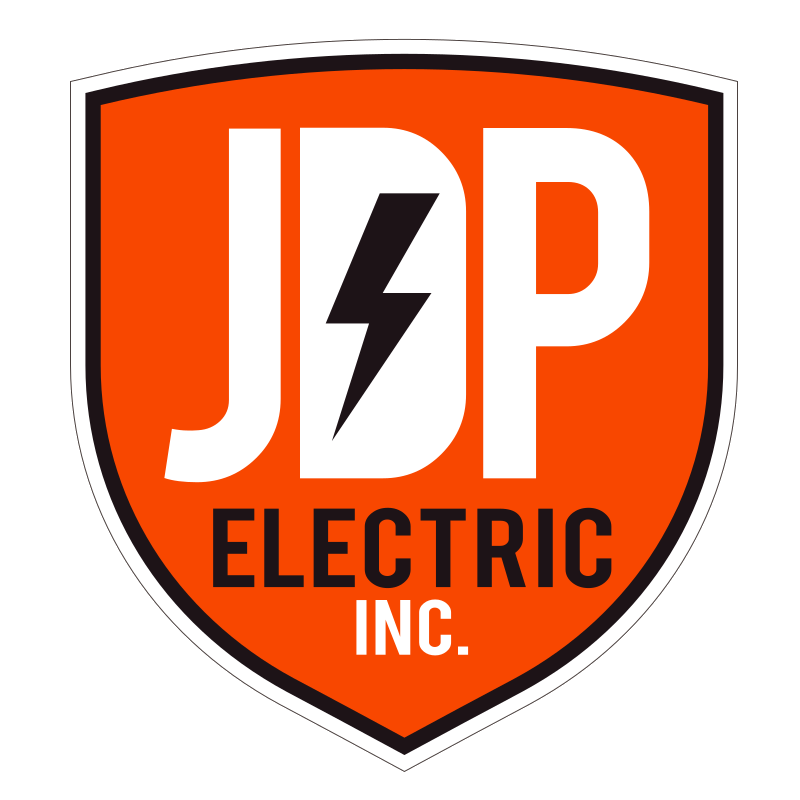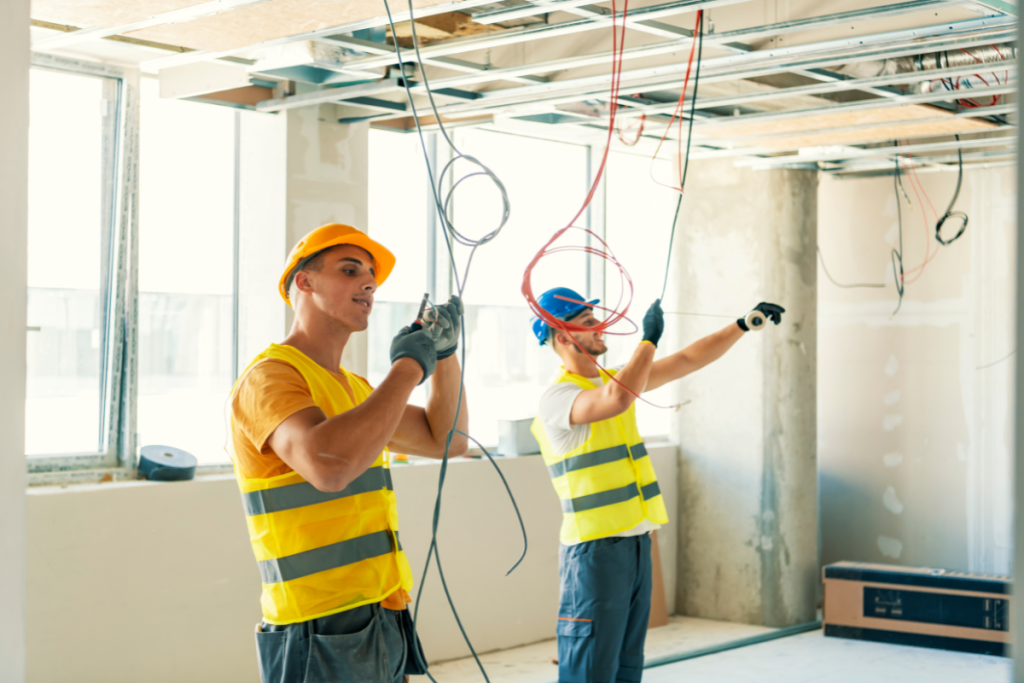Electrical safety codes are critical for homeowners to understand as they ensure a safe living environment.
Every homeowner dreams of a safe and cozy living environment. But one often overlooked aspect of home safety is electrical safety. Electrical hazards can pose significant risks, including fires and severe injuries. This blog post will help you understand why electrical safety codes are crucial for homeowners, providing practical insights and tips to keep your home and family safe.
Overview of Common Electrical Hazards in Households
Electrical hazards are more common in households than most people realize. Faulty wiring and outdated electrical systems are among the leading causes. For instance, old-fashioned knob-and-tube wiring, still found in many older homes, poses a severe fire risk. Overloaded circuits and improper use of extension cords can also lead to dangerous situations. Even something as simple as a damaged outlet can spark a fire if not addressed promptly.
Another common hazard is the misuse of appliances. Using an appliance with frayed cords or in damp areas can cause electric shocks or fires. Poorly executed DIY electrical projects often result in improperly grounded outlets or exposed wires, further increasing risks. Awareness of these hazards is the first step toward creating a safer home environment.
What Are Electrical Safety Codes? Explaining the Purpose and Significance
Electrical safety codes are a set of regulations designed to ensure electrical installations and appliances are safe and up to standard. These codes are established by national and local regulatory bodies and are updated regularly to reflect new safety standards and technological advancements.
The primary purpose of these codes is to prevent electrical fires, shocks, and other hazards. Compliance with these codes ensures that the electrical systems in your home can handle the load demands safely and efficiently. Understanding and adhering to these codes is essential for protecting your home and family from potential electrical dangers.
How Electrical Safety Codes Protect Homeowners and Their Families
Electrical safety codes offer a robust framework designed to prevent accidents and ensure the long-term safety of your home’s electrical system. For further details on how these codes protect homeowners, visit the Electrical Safety Authority (ESA). They set stringent guidelines to prevent electrical overloads, which can cause wires to overheat and ignite. For example, the codes specify the appropriate wire gauge for different circuit types, reducing the risk of fires.
Codes also require the installation of ground fault circuit interrupters (GFCIs) in areas prone to moisture, such as bathrooms and kitchens. GFCIs quickly shut off power when they detect an imbalance, preventing electric shocks. Additionally, codes mandate the use of arc fault circuit interrupters (AFCIs) to protect against fires caused by arc faults, which are electrical discharges that can ignite nearby materials.
By following these codes, homeowners can significantly reduce the risks associated with electrical systems. Ensuring your home meets these standards means fewer chances of accidents and malfunctions, providing peace of mind and increased safety for your family.
Understanding the Key Components of Electrical Safety Codes
To fully appreciate the importance of electrical safety codes, it’s essential to understand their key components. One of the main elements is the National Electrical Code (NEC), widely adopted across the United States. The NEC outlines safety standards for electrical installations, covering residential, commercial, and industrial buildings. For practical tips on maintaining electrical safety in your home, check out our article on Common Electrical Safety Tips for Homeowners.
Grounding and bonding are crucial aspects of these codes. Proper grounding ensures that electrical currents have a safe path to the ground, reducing the risk of electric shock. Bonding involves connecting metallic parts to create a continuous electrical path, which helps prevent electrical faults and ensures system stability.
Another critical component is the regulation of electrical panels and circuit breakers. Electrical safety codes specify how these should be installed and maintained, ensuring they can effectively manage the electrical load and prevent overloads and short circuits. By understanding these key components, homeowners can better appreciate the role of safety codes in maintaining a safe living environment.
 The Role of Professional Electricians in Ensuring Safety and Code Compliance
The Role of Professional Electricians in Ensuring Safety and Code Compliance
Professional electricians play a vital role in ensuring your home’s electrical system complies with safety codes. They have the training and expertise to install, maintain, and inspect electrical systems according to the latest standards. Hiring a licensed electrician ensures that any electrical work in your home meets the required codes and safety standards.
Electricians conduct thorough inspections to identify potential hazards and recommend necessary upgrades. For instance, they can detect outdated wiring or overloaded circuits, which might not be apparent to the untrained eye. They also ensure that all electrical installations, including outlets, switches, and panels, are correctly grounded and bonded.
Regular maintenance by professionals helps prevent electrical issues before they become serious problems. Electricians can perform routine checks and make adjustments to keep your system running smoothly and safely. Their role is indispensable in maintaining electrical safety and ensuring that your home remains compliant with current codes.
Electrical safety codes are more than just regulations; they are essential safeguards designed to protect homeowners and their families from potential hazards. By understanding and adhering to these codes, you can ensure your home’s electrical system is safe and efficient. Regular maintenance, professional inspections, and practical safety measures all play a crucial role in maintaining electrical safety. Stay informed, stay compliant, and enjoy the peace of mind that comes with knowing your home is protected.

